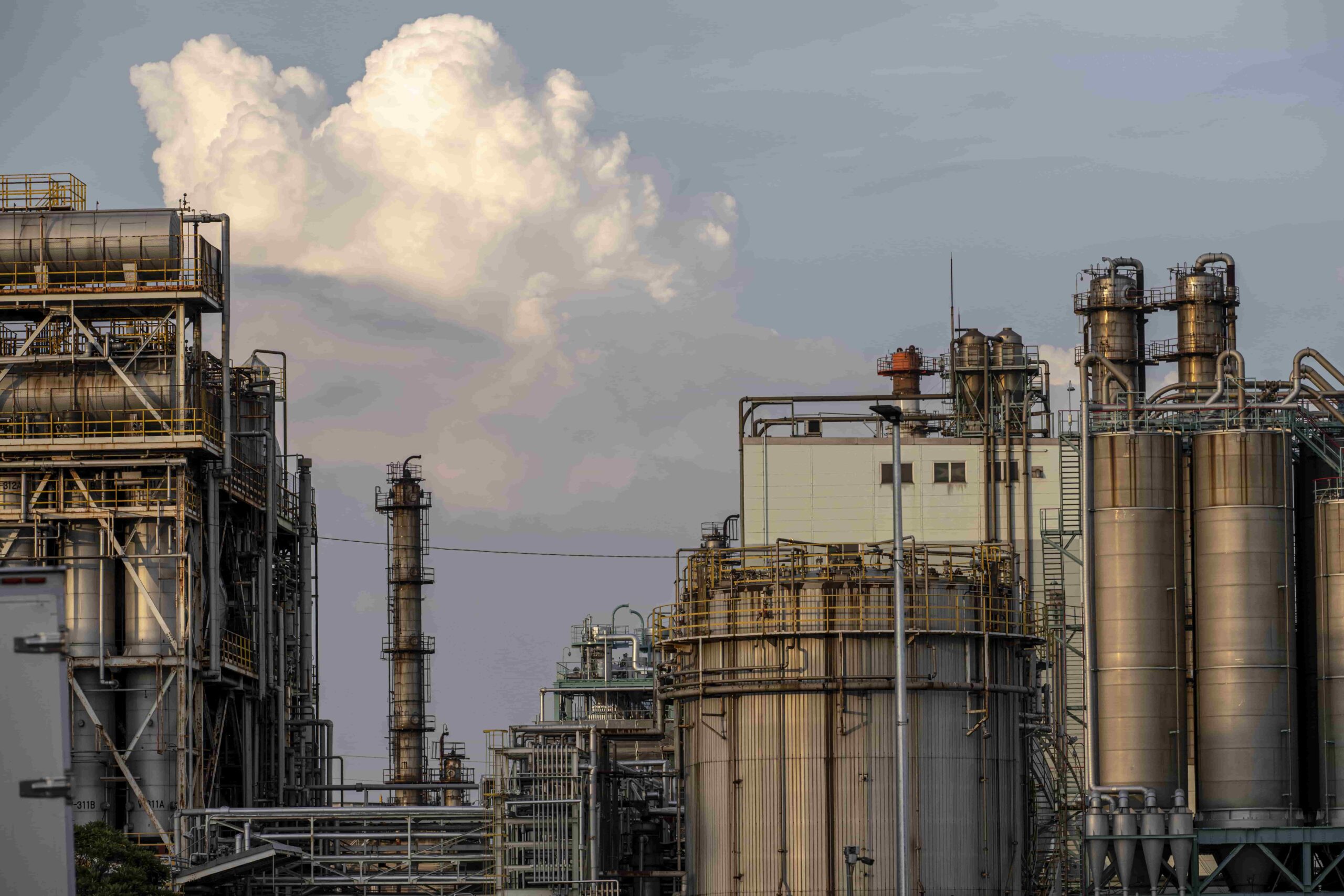The sugar industry plays a significant role in our daily lives, but it’s crucial to ensure that its operations are carried out in an environmentally responsible manner. This is where the Environmental Impact Assessment (EIA) comes into play. EIA is a process that evaluates the potential environmental effects of a proposed project or development. In the case of the sugar industry, conducting an EIA is essential to identify and mitigate any negative impacts on the environment.
Identifying Environmental Risks:
The EIA process begins by identifying potential environmental risks associated with sugar production. This includes examining factors such as water usage, waste management, land use, and carbon emissions. By thoroughly assessing these aspects, the sugar industry can gain a better understanding of its environmental footprint and take necessary measures to minimize negative impacts.
Mitigating Negative Impacts:
Once the environmental risks are identified, the EIA provides recommendations for sustainable practices in the sugar industry. These recommendations can include implementing water conservation measures, improving waste management systems, adopting renewable energy sources, and promoting biodiversity conservation. By implementing these measures, the sugar industry can significantly reduce its environmental footprint and contribute to a greener future.
Involving Stakeholders:
One of the key aspects of the EIA process is the involvement of stakeholders. This includes local communities, environmental organizations, and governmental bodies. Stakeholders have the opportunity to voice their concerns and provide input during the EIA process, ensuring that their perspectives are taken into account. This participatory approach helps in fostering transparency, accountability, and sustainable decision-making in the sugar industry.
A3 Technocraft: Leading Environmental Consultancy for EIA
A3 Technocraft is a leading environmental consultancy firm that focuses on delivering comprehensive solutions for EIA in various industries. With their expertise and experience, they assist organizations in assessing and managing the environmental impacts of their projects.
Comprehensive EIA Services:
The company offers a wide range of services related to EIA, including project scoping, baseline data collection, impact assessment, mitigation planning, and monitoring. They work closely with clients to ensure compliance with environmental regulations and promote sustainable practices.
Expert Team:
A3 Technocraft’s team of highly skilled professionals comprises environmental scientists, engineers, and experts in various fields. They possess in-depth knowledge of environmental laws and regulations, enabling them to provide accurate assessments and guidance to clients.
Systematic Approach to EIA:
The company follows a systematic approach to EIA, starting with project scoping. This involves understanding the project’s objectives, identifying potential environmental impacts, and determining the scope and extent of the assessment. By conducting thorough baseline data collection, A3 Technocraft gathers information about the existing environmental conditions in the project area.
Impact Assessment and Mitigation:
During the impact assessment phase, the company evaluates the potential effects of the project on various environmental components, such as air quality, water resources, biodiversity, and socio-economic factors. They utilize advanced tools and methodologies to analyze the data and provide comprehensive reports. To ensure sustainable development, A3 Technocraft focuses on developing effective mitigation measures. They work closely with clients to identify strategies for minimizing and managing the adverse impacts of the project. These measures may include implementing pollution control measures, adopting sustainable practices, and enhancing biodiversity conservation.
Monitoring and Post-Assessment Activities:
A3 Technocraft also emphasizes the importance of monitoring and post-assessment activities. They assist clients in establishing monitoring programs to track the effectiveness of mitigation measures and ensure ongoing compliance with environmental regulations. This helps in identifying any potential issues and taking timely corrective actions.
Customized Solutions:
What sets A3 Technocraft apart is its commitment to delivering customized solutions tailored to each client’s unique requirements. They understand that every project is different and requires a personalized approach. By providing comprehensive EIA services, A3 Technocraft helps organizations achieve their environmental goals while ensuring compliance with regulations.
In conclusion, A3 Technocraft is a trusted environmental consultancy firm specializing in providing solutions for EIA. With their expertise, experience, and commitment to sustainability, they assist organizations in assessing and managing the environmental impacts of their projects. Through their comprehensive services, A3 Technocraft plays a crucial role in ensuring that the sugar industry and other sectors operate in an environmentally responsible and sustainable manner.

